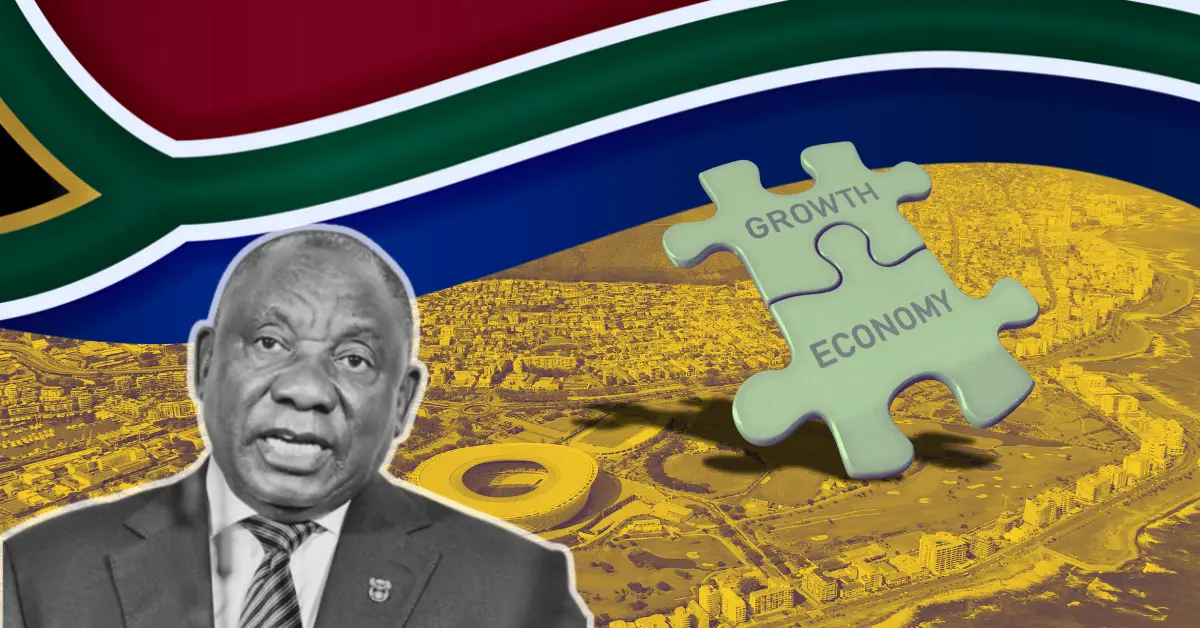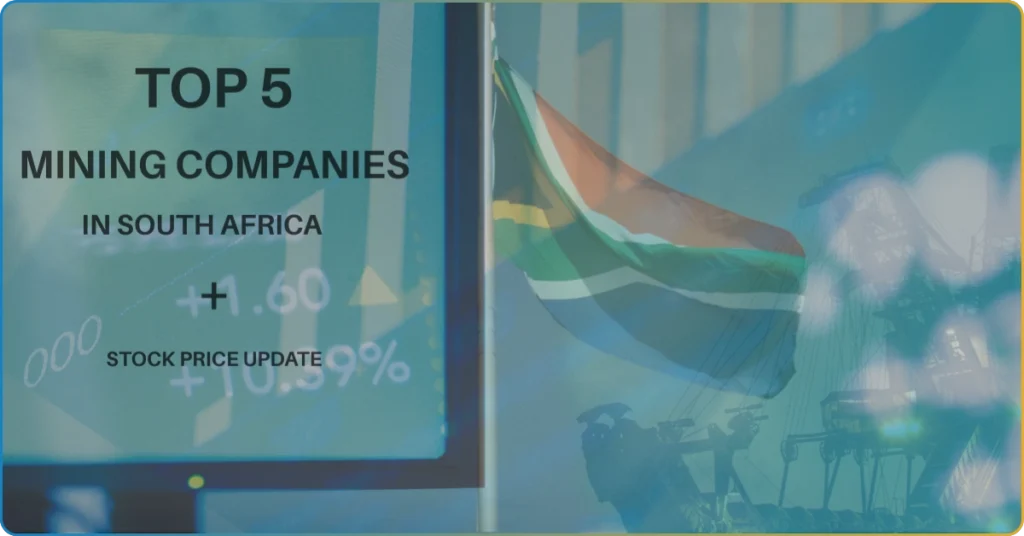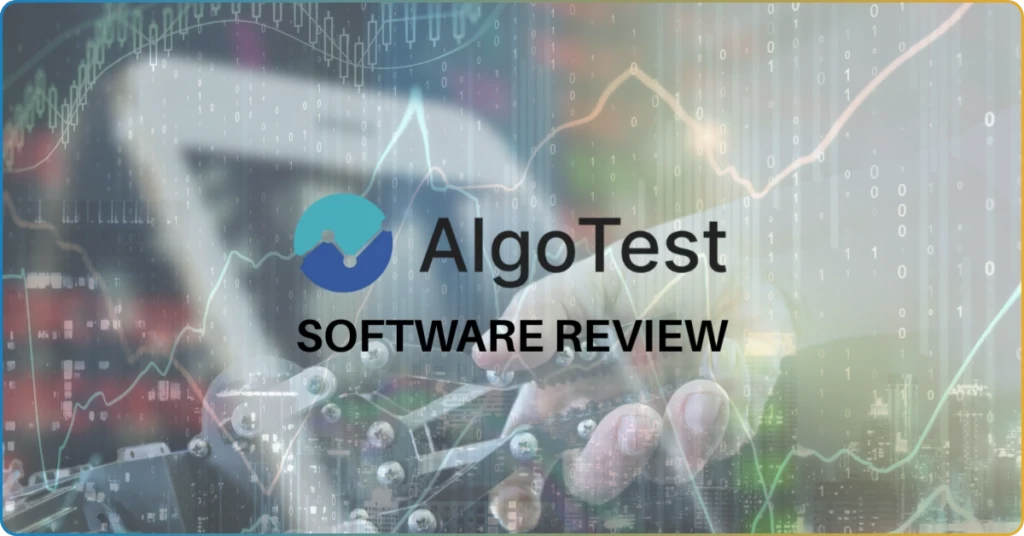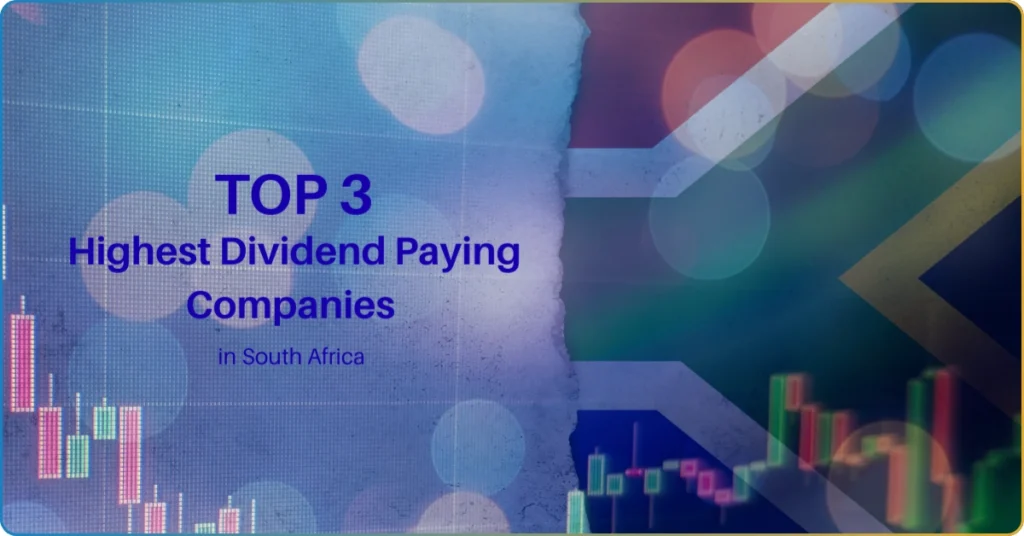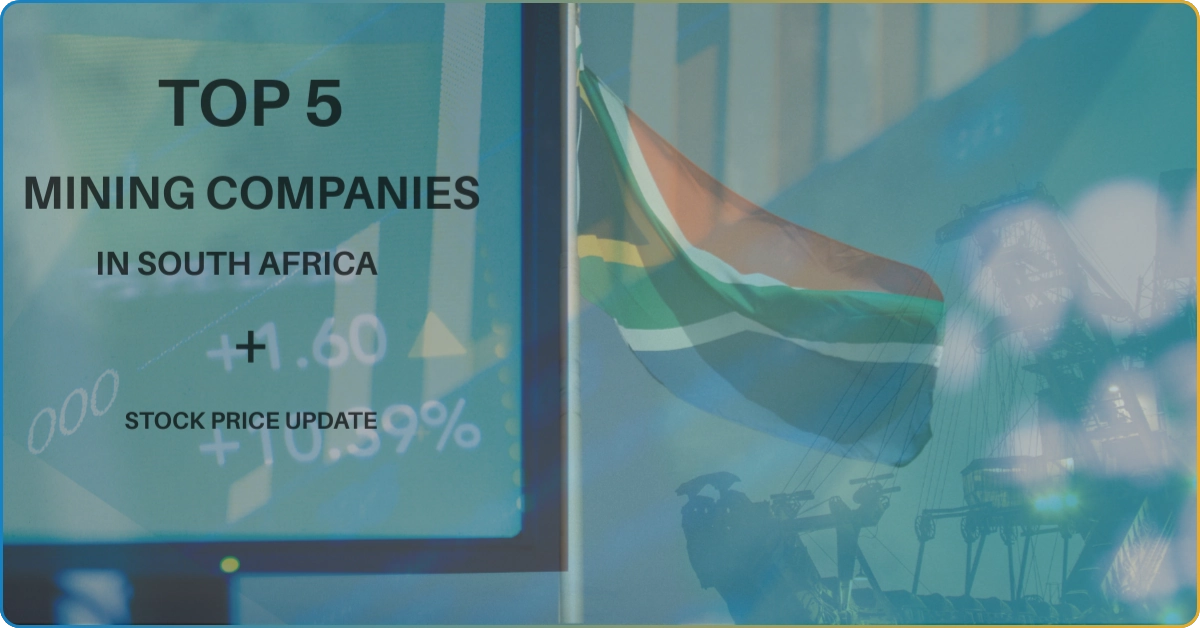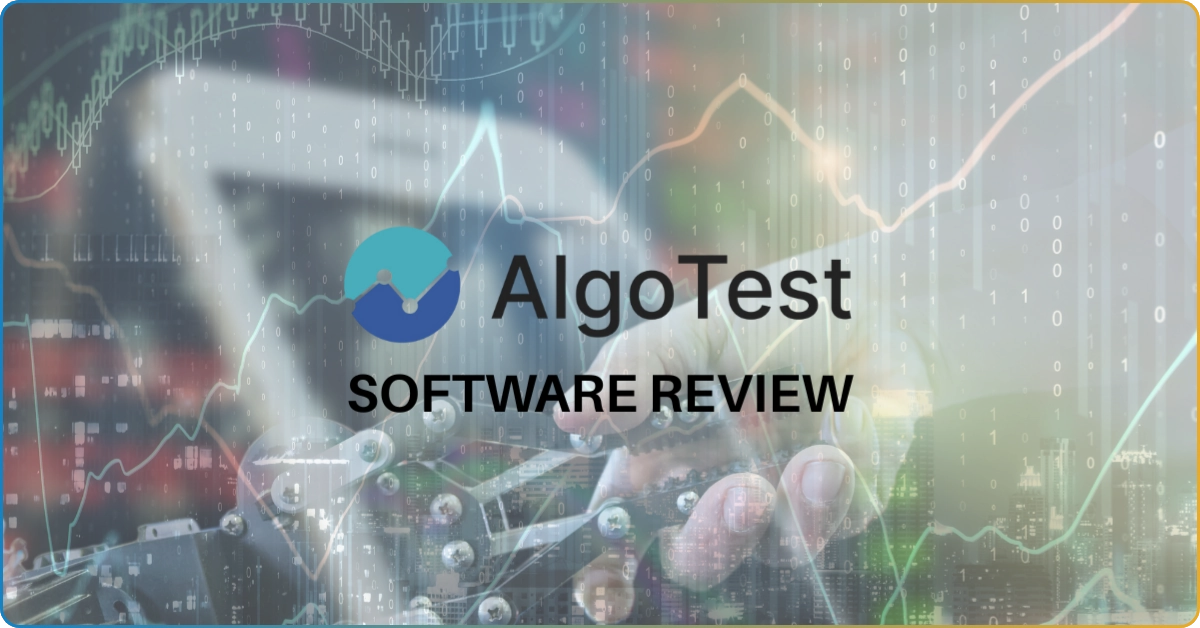South Africa is standing on the brink of salvation and catastrophe.
Record-high unemployment rates, a 62.25% poverty rate, persistent Eskom blackouts, and a 75.4 crime index, among other economic and environmental challenges – South Africa has its hands full.
To combat these economic challenges, reelected President Cyril Ramaphosa took dramatic measures—the creation of a new coalition government via the GNU and an aggressive partnership with big businesses.
Here’s everything we know about the public-private partnership, plans to uplift SA’s stagnant economy, and how the GNU works together to achieve economic targets.
South Africa’s ambitious economic plan
The Government of National Unity and the CEO Initiative target a 3% increase in GDP growth and 1 million jobs by 2025.
This is more than an ambitious target for an economy that grew no more than 1.9% in the past three years, with government debt reaching up to USD 296 billion (about 74.1% of the country’s GDP). This was coupled with economic challenges that disrupted business – 12-hour daily blackouts, a collapsing transport system, and rampant crime.
Previous Standard Bank CEO Sim Tshabalala, one of South Africa’s biggest banks, has pointed out that SA’s sluggish economic growth has led to missed investment opportunities, as investors seek better returns outside of SA.
The economy’s fragile state demanded a new approach – a solid collaboration between government and business.
The CEO Initiative
Under Ramaphora’s leadership, an initial partnership between the government and the private sector was established last year. A total of 140 CEOs of SA’s leading companies committed to mobilizing capital and expertise to the government to help the country’s sluggish economy. This is known as the First Phase of the partnership.
Businesses contributed over R250 million in direct funding and deployed 350 experts to aid Eskom, resulting in a dramatic reduction in load shedding.
Meanwhile, R700 million was invested in key transportation, resulting in a 50% reduction in security incidents. R57 million was also allocated to establish a forensic analysis center.
Discovery CEO and Vice President of Business Unity South Africa Adrian Gore said the first phase, which focused on electricity, transport, and crime and corruption, was an “equivocal success.”
The results have been fruitful, but economists forewarn that SA needs to expedite reforms to sustain the momentum. With Ramaphora on his second term, Phase 2 of the partnership was launched in October.

An accelerated public-private partnership
Minister of Agriculture and Democratic Alliance leader John Steenhuisen says, “This is exactly what South Africa needs—we have already seen the success coming from Phase 1, and we now need to accelerate it into high gear.”
This year, the 140 CEOs have renewed their commitment to help SA economy.
To achieve their 3% GDP growth target, they identified three focal points that have severely disrupted SA’s economy: energy, transport, and crime and corruption.
Energy: No more blackouts
South Africa loses as much as R21 billion a year because of Eskom’s load shedding, which has since become the top risk for businesses in SA.
The partnership aims to unlock R23 billion in private investment to boost renewable capacity to 4GW, and construct 1,000 km of new transmission lines.
The Department of Energy said it will facilitate private sector investment in generation and fast-track new purchases for equipment.
Transport and logistics: Bigger exports, more jobs
JPMorgan Strategist David Aserkoff said that investors will continue to look favorably on South Africa if it can fix its fraying port and rail operator.
The partnership targets R28 billion in rail infrastructure investment, increasing rail capacity to 193 million tons for bigger exports. It also targets third-party rail access by Q4 2024 and create more jobs.
Crime and corruption: SA out of the grey list
In February 2023, the Financial Action Task Force (FATF) greylisted South Africa because of insufficient mechanisms to monitor and combat money laundering and terrorist financing.
The CEO Initiative will support SA’s removal from the FATF grey list and establish a Digital Evidence Unit to prosecute state capture cases and boost investor confidence.
It’s Ramaphosa’s second term as president, what’s different?
Many South Africans might recall “Ramaphoria”—the phenomenon of optimistic and positive sentiment that swept through South Africa upon Cyril Ramaphosa’s election in 2017. The public, businesses, and investors cheered as Ramaphosa swore to the presidency.
However, this euphoria rapidly lost momentum in 2019 after a slumped economy, corruption scandals, and persistent unemployment.
Ramaphosa won again in the June 2024 elections but with only 40.7% of the vote – the first time the African National Congress (ANC) received less than a majority of votes.
Upon reelection, Ramaphosa is taking a more proactive approach and working with a broader political spectrum.
In May, the president announced the Government of National Unity. Representatives from the main opposition Democratic Alliance (DA), Patriotic Alliance (PA), Inkatha Freedom Party, and other smaller parties will have cabinet seats and join the African National Congress (ANC) in putting SA economy back on track.
The beginning of a new era for South Africa
The formation of the Government of National Unity is the “beginning of a new era” with a focus on increased public and private investment to boost employment, support economic growth, and provide a way out of an economic slump.
The goal of the GNU is simple – “to prioritize rapid, inclusive and sustainable economic growth and creation of a more just society by tackling poverty and inequality,” said Ramaphosa in a statement.
The four-month-old government has since attracted an inflow of investors to the country, exceeding its target to raise R1.2 trillion in investment. While elated, businesses urge the government to expedite reforms to sustain this momentum.
Investors take notice of SA under the GNU
The South African stock market hit headlines this year after a record-setting rally and saw its strongest year in over a decade. According to JSE Group CEO Leila Fourie, this proves improved investment sentiment.
“I think the outcomes of the GNU have convinced the international public in a much more positive way than perhaps previously. I think the outcomes have been a lot more business-friendly…we are starting to see investors sit up and take notice of South Africa,” said Fourie in an interview.
She adds that businesses are cautiously optimistic about the new government.
“If we can demonstrate visible wins in policy and government delivery, I think that will create opportunity for building on success…government must deliver,” says Fourie.
Meanwhile, the rand gained 5% to the dollar and local currency bonds outpaced its peers in the Emerging Market Index.
Get updated news and analysis on South Africa
Keep up-to-date with news, developments, and analysis on the South African stock market and economy on CommuniTrade. Ask questions, verify your analysis, start thought-provoking discussions with traders. Sign up here.

